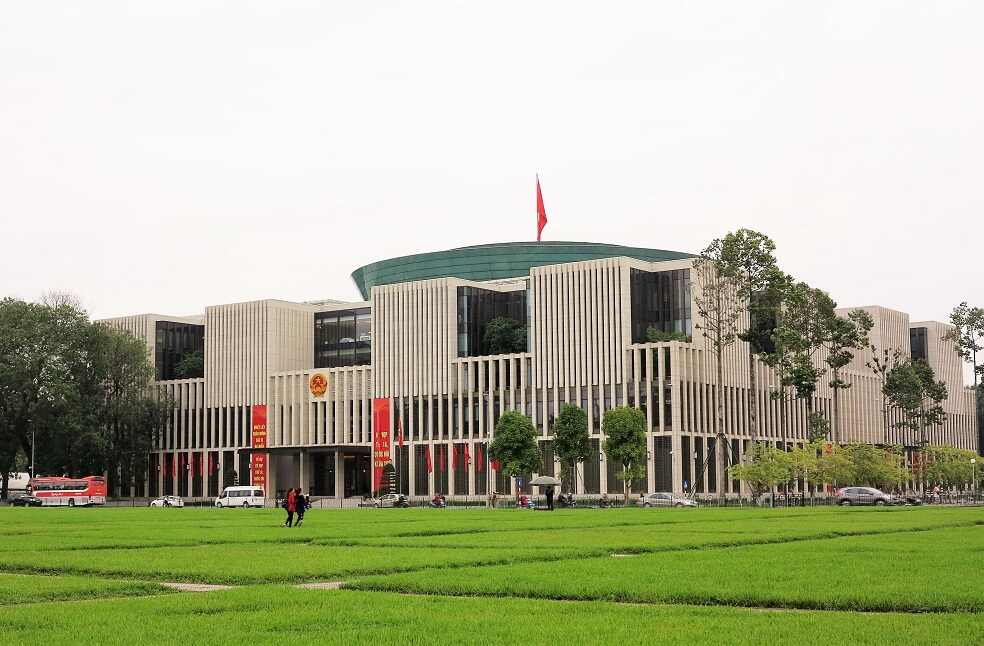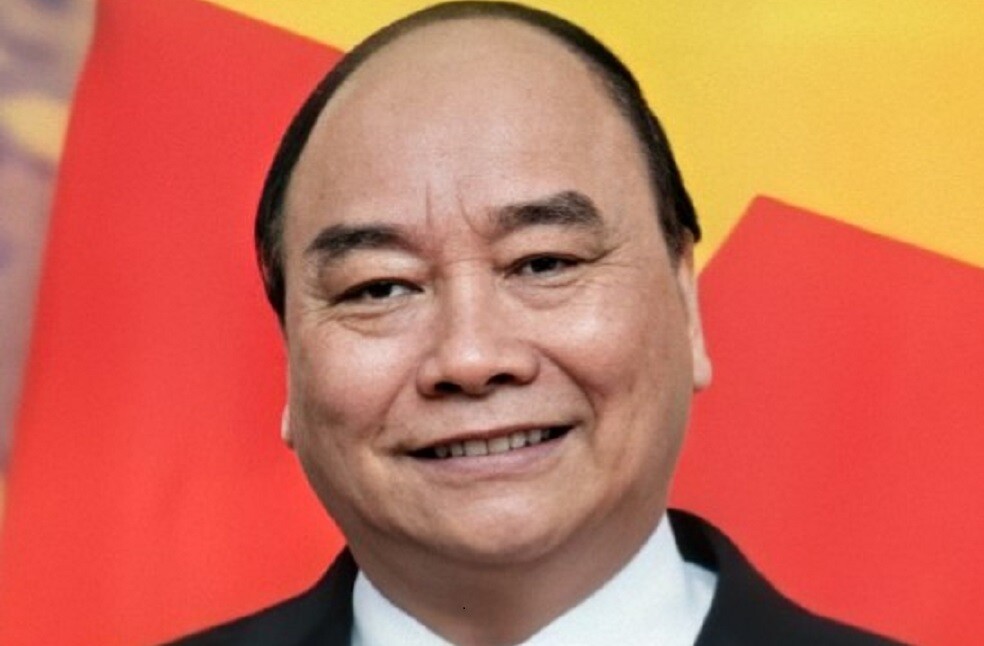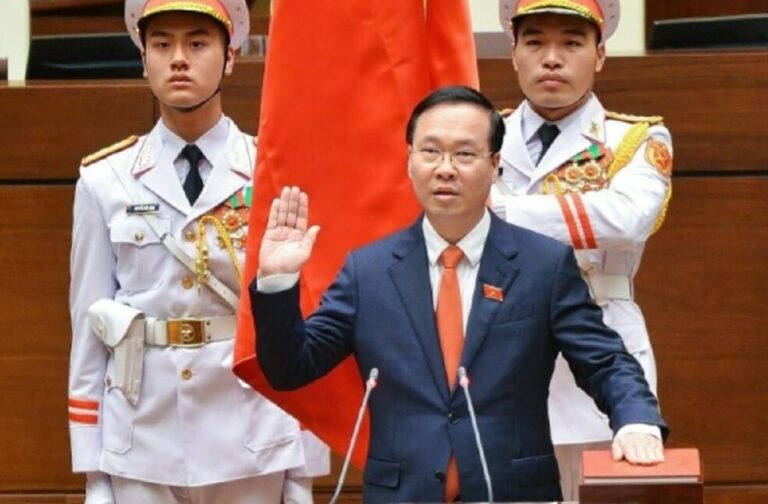Vietnam: The rubber stamp National Assembly of Vietnam elect a new president, who promptly vowed to fight corruption after his predecessor resigned in an anti-corruption drive.
Mr. Vo Van Thuong’s appointment occurs during a time of political unrest in Vietnam, where several ministers have been ousted as a result of the all-powerful Communist Party’s anti-corruption sweep and factional strife.
Following Mr. Nguyen Xuan Phuc’s retirement in January 2023, members of the National Assembly chose 52-year-old Mr. Thuong as their representative for a term that lasts until 2026. Mr. Thuong was the only contender. Mr. Thuong pledged to be “determined in the fight against corruption and negative phenomena” in his first speech as president.

The party, which is formally led by the general secretary, president, and prime minister, governs authoritarian Vietnam. Mr. Thuong is thought to be friendly with Secretary General Mr. Nguyen Phu Trong, who is the most important person in the party and the mastermind of the anti-corruption campaign.
Several corruption claims related to transactions made as part of Vietnam’s reaction to the COVID-19 outbreak have resulted to the arrest of hundreds of officials because of the campaign. In January 2023, the Communist Party concluded that Mr. Phuc was accountable for crimes committed by top officials who served under him from 2016 to 2021, before he was elected president.

Mr. Benoit de Treglode at the Strategic Research Institute of the Military School (IRSEM) in Paris claimed that Mr. Thuong was “an apparatchik” of the system. Since 2021, Mr. Thuong has been the Central Steering Committee’s deputy leader for the prevention and control of corruption and negative phenomena.
The President also serves as the party’s chief propagandist, a position with significant influence over press and speech rights in the communist country. Mr. Thuong’s promotion “would mark Nguyen Phu Trong’s latest stroke in his ongoing campaign to shape the party’s present and future,” remarked Mr. Jonathan London, an authority on modern Vietnam. Mr. Jonathan claimed that if Trong were to resign before the next congress, he might become the front-runner to succeed him, but it was uncertain whether he would have enough support.



